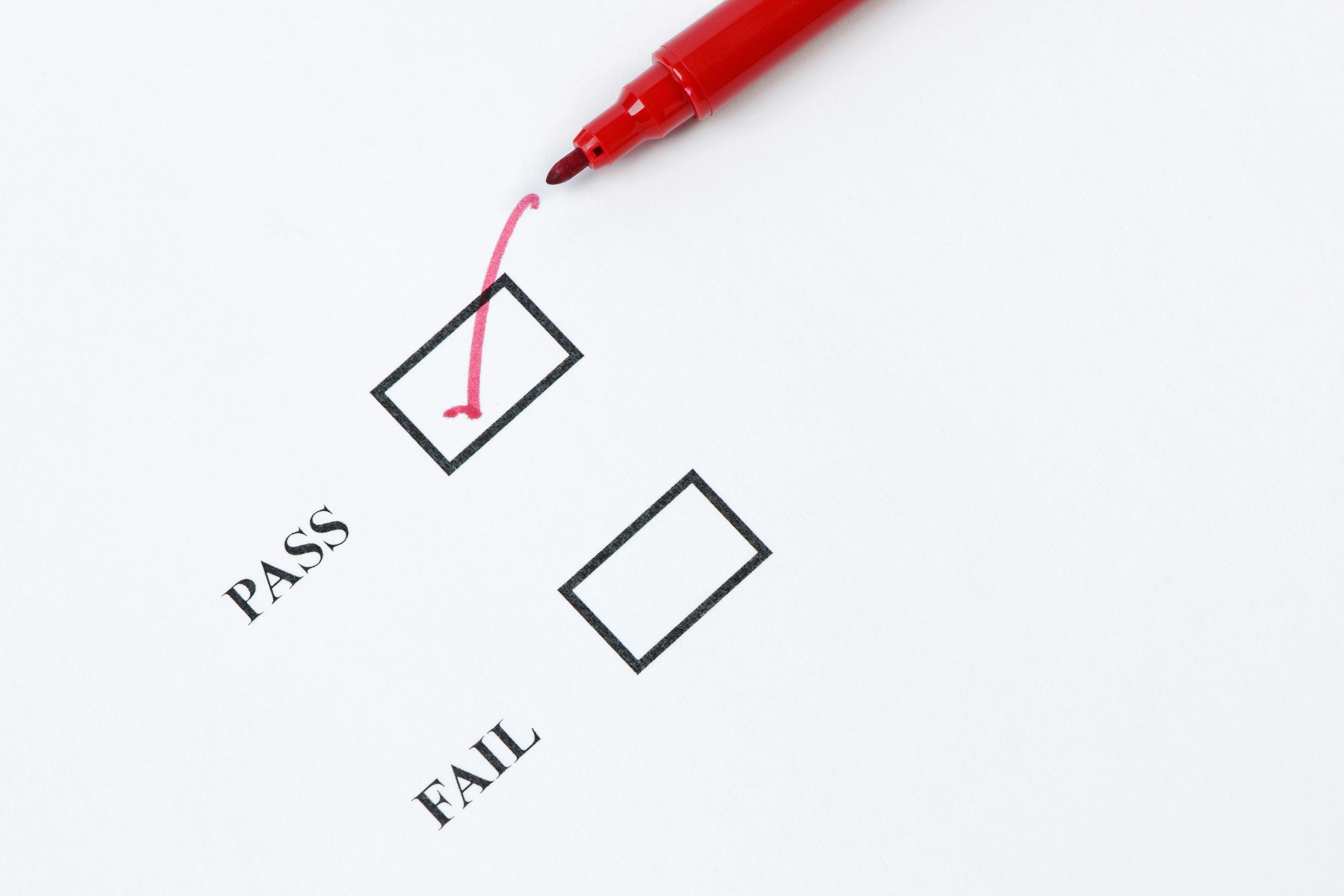Am I Ready for the PE or FE? Signs You Can Sit the Exam with Confidence

One of the most common questions I hear from engineers preparing for the FE or PE exam is: “When will I know I’m ready?”You’ve been studying for a month, two months, maybe six months—at what point do you reach that tipping point where you can take the exam with confidence, pass, and never look back?
The truth is, there isn’t one single answer for everyone. Readiness depends on many factors:
1. Choosing the Right Discipline
First and foremost—are you taking the right discipline for you? Taking the PE for example: The PE is not a place to experiment. If you’ve spent years working in structural, transportation, or geotechnical engineering, stick with that discipline. Don’t switch just because you heard another exam is “easier.”
For example, many people claim that the Water Resources and Environmental (WRE) PE is the easiest. I personally know several engineers who switched to WRE for that reason, only to fail—sometimes twice—and then return to their original discipline to finally pass. Your experience and comfort level matter far more than hearsay.
2. Coverage and Mastery
You’ll know you’re approaching readiness when you’ve solved many problems, worked through full-length exams, and touched every topic that could appear on the test. This is why our guides and prep materials are structured the way they are—not to overwhelm you, but to give you complete coverage. If you’ve only studied certain areas while neglecting others, you’re not ready.
3. Timing and Endurance
Another critical aspect is time. This is a 9-hour exam for the PE (and 6 hours for the FE). You can’t afford to “learn” a subject during the test. You need to be fast, efficient, and confident under time pressure.
Some exams—like the California Seismic Principles and Surveying exams—are considered time tests. For those, simply understanding the material isn’t enough. You have to train like an athlete: solve problem after problem until your process becomes second nature.
4. Confidence Through Repetition
You’ll also know you’re close to ready when your practice exams start reflecting passing scores consistently. One good result doesn’t mean much—it could be luck. But if you’re repeatedly hitting above the passing threshold across multiple practice exams, in different conditions, you’re getting there.
5. Mental Readiness
Finally, readiness isn’t only about knowledge. It’s also about mindset. Do you trust yourself under pressure? Can you keep calm after a tough question, skip it, and come back later without panicking? That kind of mental resilience is just as important as technical preparation.




